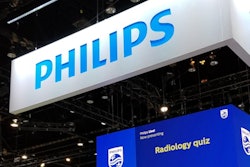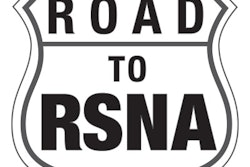Wednesday, December 1 | 1:30 p.m.-2:00 p.m. | SSCA09-6 | Room E352
Adverse cardiac events can be predicted from machine learning-based analysis of radiology reports and electronic medical record (EMR) data, according to this scientific presentation.Presenter Marly van Assen, PhD, of Emory University and colleagues utilized a natural-language processing model to extract a standard score from the Coronary Artery Disease Reporting and Data System (CAD-RADS) from both structured and unstructured radiology reports of coronary CT angiography (CCTA) exams. A multimodal machine-learning model was also developed based on EMR data including demographics, comorbidities, medications, and laboratory test results.
In testing, the researchers from the university's Translational Lab for Cardiothoracic Imaging and Artificial Intelligence found that their machine learning-based CAD-RADS method and noncurated EMR data could predict adverse cardiac events with moderate accuracy. However, the EMR model yielded better results. They attributed the performance gap to the large amount of clinical data that are included in comparison with the report-derived CAD-RADS analysis.
"Using [machine learning] on multimodal noncurated data is a time-efficient way to assess cardiac event risk," the authors wrote. "This approach uses a wide variety of clinical, lab, and imaging variables without requiring human labor."
Find out more by sitting in on this Wednesday talk.




















